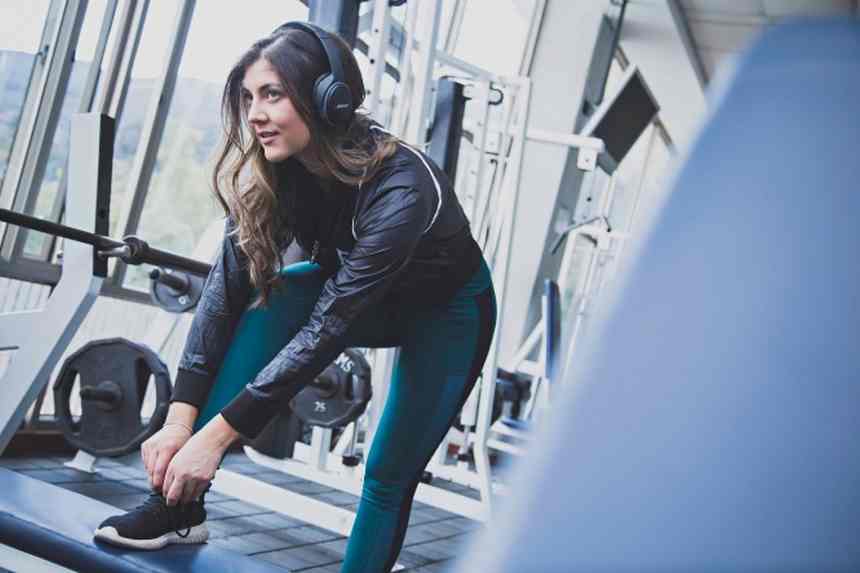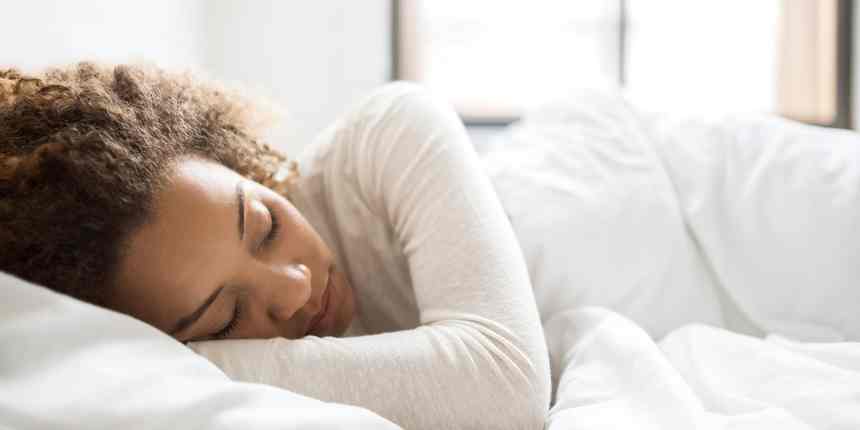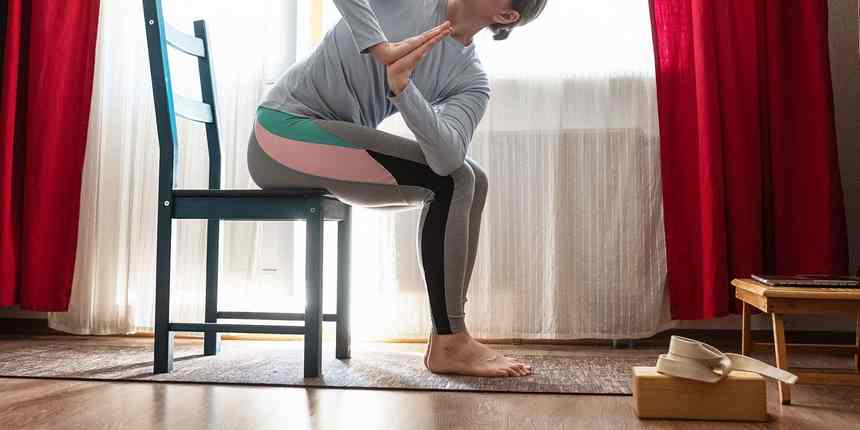When total silence makes it hard to sleep and your thoughts keep you lying awake in bed at night, a white noise machine may be the answer. The barely-there vibrations emitted from these devices can be described as sound without definite form, or what is called "white noise." White noise is best defined as that which "covers the entire range of audible frequencies, all of which possess equal intensity." All of the wavelengths available for sound are combined into a complex signal that has been said to soothe the mind and help with sleep. What we consider to be static on TV or the radio is usually what people mean when they refer to white noise.
It's often used to distract from other sounds. "White noise devices can improve the sleep environment by masking or drowning out ambient noise that would otherwise stimulate the brain and reduce sleep quality," says Dr. Joseph Krainin, founder and president of Singular Sleep, LLC. "As more and more Americans become urban dwellers, white noise devices can be a very helpful tool in getting better sleep." For instance, sound masking in a working office with white noise can make it easier to concentrate because the sounds of speech are buried beneath the background frequencies, according to Harvard Business Review. Psychologists make common use of white noise machines to protect patient confidentiality-no one can eavesdrop through the door when the white noise drowns out the distinctiveness of the words.
RELATED: HERE'S WHY HAVING A HEALTHY SLEEP ROUTINE IS SO IMPORTANT
How It Works
Can a white noise machine really help you to fall asleep? For a majority of us, the answer is yes. The National Sleep Foundation reports that 74 percent of Americans prefer to sleep in a quiet room and may opt to use a sound conditioner in their bedrooms. In a published study, Luigi Taranto-Montemurro and his researchers recorded the length of time that it took subjects to accomplish the transition from full wakefulness to sleep. Sleep scientists refer to this as sleep-onset latency. It varies from person to person and influences how rested you feel afterwards. They wrote in conclusion that subjects who were exposed to the white noise machine fell asleep faster, seeing about a 40 percent reduction in the time it took for them to fall asleep. Of course, one study of only eight people is not a definite answer as to whether a noise machine makes a difference for most people.
Is It Right For You?
Even while sleeping, your brain is still processing your environment and the sound frequencies within it. "Noise can interfere with your sleep without you knowing. It can cause arousals in your brain that can disrupt your sleep," explains Dr. Rachel Marie E. Salas, associate professor of Neurology and Nursing at Johns Hopkins Medicine. "That is why sleeping with the TV or the radio on can be a problem. You don't have a steady sound; it is variable noise." White noise machines help some people sleep because of the consistency of those frequencies. According to Popular Science, the sleep cycle for some people is interrupted when the noise around them has a sudden change. A white noise machine hides the stimulation around you by drowning out the wavelengths of other sounds. Other research suggests that white noise can actually have a negative effect on the brain over time. According to a study published in JAMA Otolaryngology Head Neck Surgery, white noise can change the way the brain processes sound, potentially leading to tinnitus or dementia. White noise is "unstructured, random" sound that might provide relief in the short-term, but have long-lasting consequences for those being treated for tinnitus.
So, what should you do? Outside sounds like cars driving by or people talking in the street keep you up at night. Maybe you hear every scratch of your cat's claws on the furniture or the trickle of water traveling down the pipes in your bathroom. You feel like you hear everything and just can't fall asleep. If a white noise machine seems to help you sleep, it probably won't hurt to give it a try. Ask your doctor if you are at risk for tinnitus, which could be the symptom of an underlying condition such as age-related hearing loss, ear injury, or a circulatory system disorder. Make sure to also read the manual for the white noise machine so that you don't turn the volume up too loudly. "Keeping your white noise generator less than 120 decibels is a good idea to protect your hearing," says Dr. Krainin. "There are smartphone apps and other gizmos that can check the decibel level if you have any concerns."
Before purchasing, Dr. Salas suggests using a simple fan at home first to see how it effects your sleep. "It can double as a white noise machine and [help with] temperature [in the room]," she says. "You really want to get devices that have single sounds, [for example, the sound of] light rain rather than thunder and heavy rain." You can buy a white noise machine, or download an app like White Noise, Sleep Fan, or Sleep Pillow.








